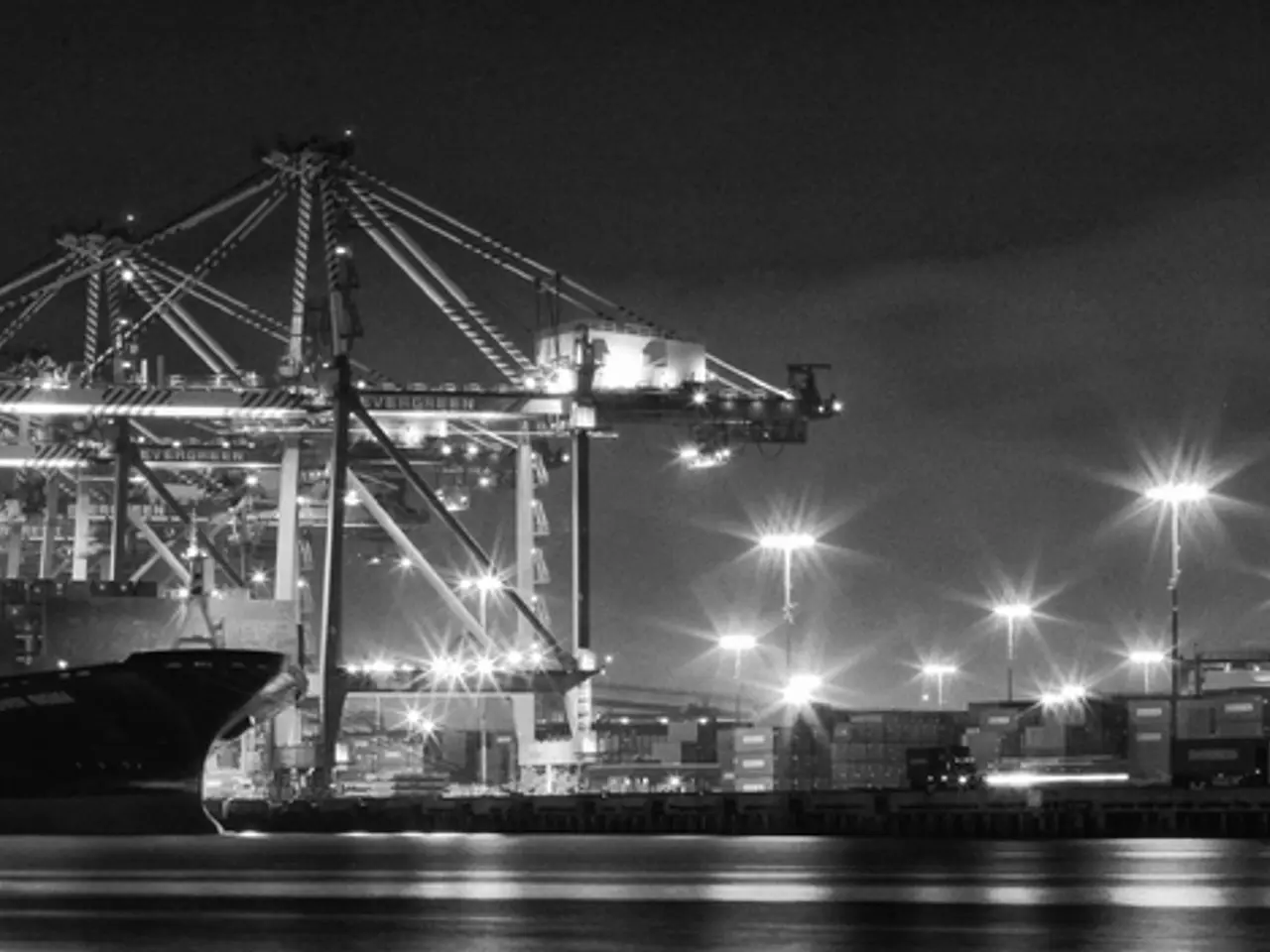Vinyl Chloride Monomer Market predicted to surpass USD 28.0 billion by 2034
The Vinyl Chloride Monomer (VCM) market is playing a significant role in supporting key industries worldwide, acting as the primary precursor for polyvinyl chloride (PVC). This growth is positively impacting the global economy, particularly in sectors such as construction, automotive, healthcare, and packaging.
VCM's integral role in producing PVC, an essential material for pipes, cables, window profiles, medical devices, automotive parts, and packaging materials, fuels significant global demand. This demand aligns with ongoing infrastructure and urbanization trends, making VCM a crucial element in today's economy.
The market's expansion is particularly significant in emerging economies across Asia and Africa, which are industrializing rapidly and increasing demand for durable, lightweight PVC products. This growth stimulates investment in VCM production capacity expansions, such as Shin-Etsu Chemical Co.’s facility expansion in Japan, reflecting the global demand rise.
However, the VCM market faces challenges such as environmental regulations and feedstock price volatility. To remain competitive, businesses must adopt strategies like vertical integration, technological innovation, market expansion in emerging regions, sustainability and circular economy adoption, and agility in feedstock management.
Vertical integration allows companies to control multiple stages of the supply chain, from raw material sourcing through VCM and PVC production, optimizing costs, improving supply stability, and enhancing margin control. Technological innovation involves investing in advanced production technologies that improve efficiency, reduce emissions, and lower environmental impact, aligning with stricter regulations and growing demand for eco-efficient products.
Market expansion in emerging regions like Asia and Africa capitalizes on infrastructure growth and increasing PVC product consumption. Sustainability and circular economy adoption reduce waste, meet regulatory demands, and appeal to environmentally conscious customers. Agility in feedstock management helps businesses handle feedstock price volatility, such as through flexible feedstock sourcing and hedging, to maintain stable production costs.
Environmental regulations challenge producers to adopt sustainable practices, impacting costs in the VCM industry. In response, companies like AGC Chemicals, BASF, INEOS Group, and Evonik Industries are focusing on sustainable VCM production, improving energy efficiency, reducing emissions, and exploring bio-based feedstocks.
The North American market value for VCM reached USD 7.7 billion in an unspecified year, showing strong industrial demand. Europe follows the North American market in terms of PVC consumption, but growth is moderated by stringent chemical regulations.
In 2024, the North American region held a 47.9% share in the global VCM market, generating USD 7.7 billion in market value. The Building and Construction Sector accounts for 44.8% of VCM consumption, primarily for the production of PVC in construction materials.
The growth of the VCM market significantly influences the global economy by driving industrial output and job creation. The Global Vinyl Chloride Monomer (VCM) Market is projected to reach USD 28.0 billion by 2034, up from USD 16.1 billion in 2024.
PVC's versatility, durability, and cost-effectiveness ensure strong demand, particularly for infrastructure projects. The Middle East & Africa and Latin America play smaller roles in the VCM market, with gradual growth in construction, but North America's advanced manufacturing and regulatory compliance solidify its market leadership.
PVC dominates the Vinyl Chloride Monomer market application segment, accounting for a significant 79.7% usage rate in 2024. Formosa Plastics is expanding its VCM production capacity in Asia and North America to meet growing PVC demand, adopting AI-driven process optimization, and focusing on safety upgrades in its VCM plants.
Oxychlorination, a process that produces VCM through the reaction of ethylene, hydrogen chloride, and oxygen, is the preferred choice for large-scale producers due to its efficiency, cost-effectiveness, low energy consumption, and operational costs. Asia-Pacific exhibits strong growth potential in the VCM market, fueled by rapid urbanization and industrial expansion in emerging economies.
The Vinyl Chloride Monomer (VCM) market sees 57.4% production share through the oxychlorination process in 2024. The growth of the VCM market is a testament to its importance in supporting key industries and driving economic growth worldwide. As the market continues to expand, businesses must adapt to challenges like environmental regulations and feedstock price volatility to remain competitive and sustainable.
- The integration of the oxychlorination process, a cost-effective and efficient method for VCM production, aligns with the market's growth strategy in the finance sector, as it reduces operational costs and enhances the market's competitiveness.
- The significant expansion of the VCM market, particularly in emerging economies, is not only fueling the growth of key industries like construction, automotive, healthcare, and packaging but also stimulating finance activities, as increased production capacity demands substantial investments.




